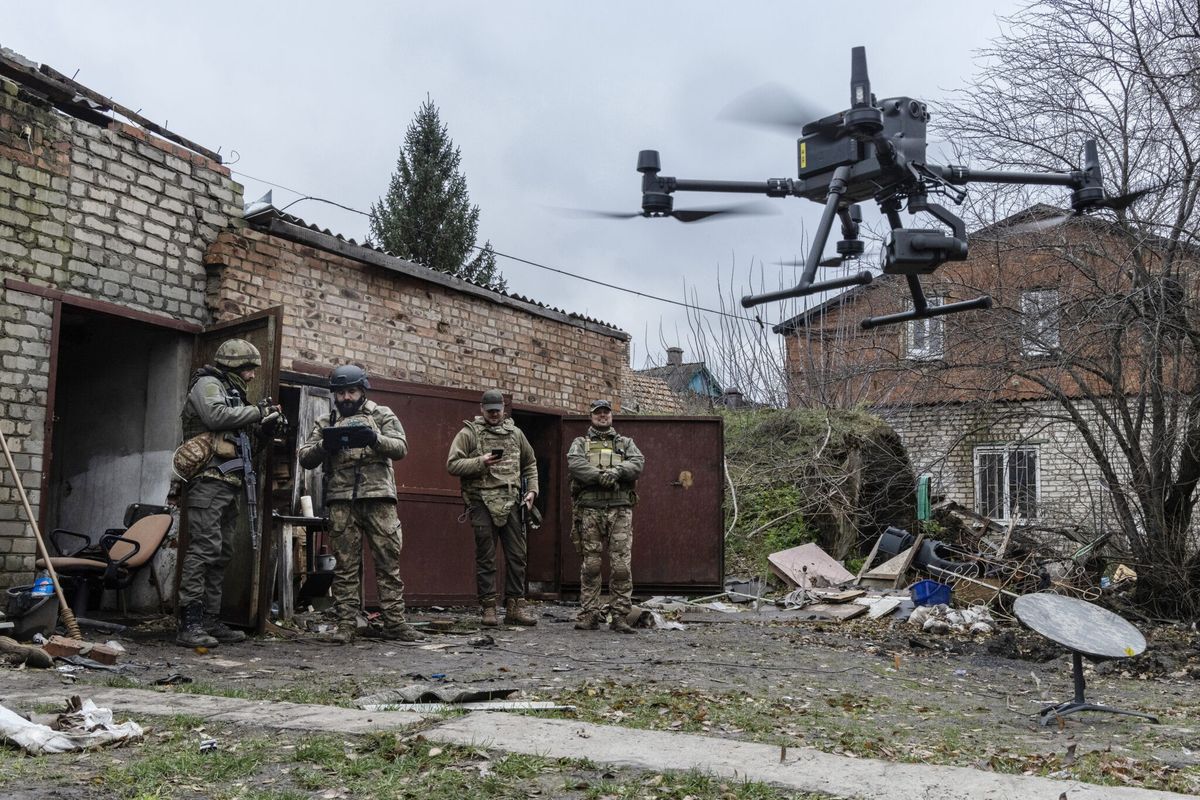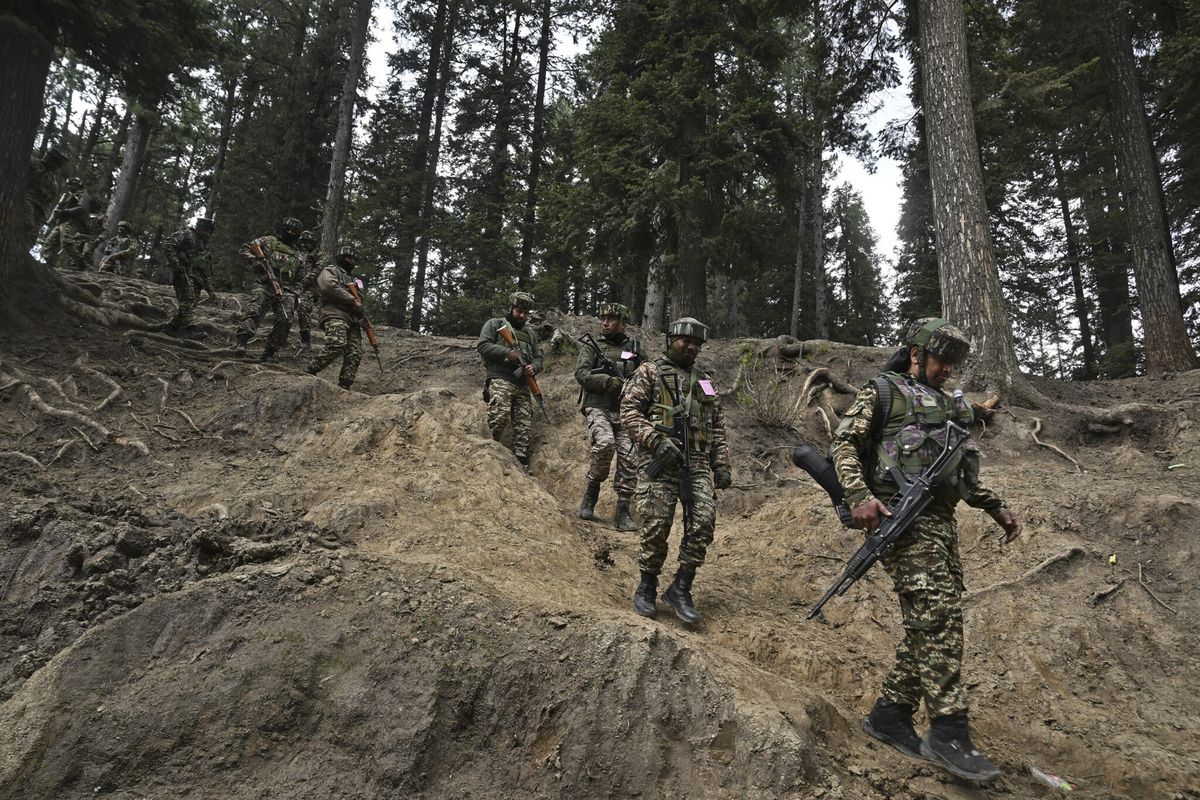OPINION - The Hamas surprise attack against Israel on October 7th, 2023, made clear that traditional challenges for intelligence, most importantly strategic early warning for war, are still relevant. This is true despite claims made in recent years about surprise attacks and secret intelligence becoming obsolete. While intelligence agencies are required in this day and age to transform through exploitation of advanced technologies, traditional challenges also require traditional methods and skills.
Hamas, the terrorist organization controlling the Gaza Strip since 2007, completely surprised Israel on October 7th. It executed a massive multi-domain invasion into the Western Negev part of Israel, executing an operational plan developed for several years. More than 1200 Israelis were murdered, and more than 250 individuals were taken hostage into the Gaza Strip. This was the start of a regional war in the Middle East, which – more than a year and half later – still rages.
October 7th is already considered one of the most colossal intelligence failures anywhere in modern history, resembling the scale of the intelligence failure in the Yom Kippur War of 1973. The Israeli intelligence system, often seen as one of the best in the world, with a culture of innovation and critical thinking, failed completely. In many respects, it failed to address traditional challenges and to apply traditional methods.
Above all, Israeli intelligence failed to provide strategic early warning for war, and specifically, for a surprise military attack. This is probably the most traditional role of intelligence – and arguably the most important role as well. Israel held a flawed analytical paradigm, according to which Hamas had been successfully deterred from initiating a war with Israel and rendered incapable of executing a large-scale attack aimed to destroy Israel. This paradigm proved wrong. It had endured for several years, although in 2022 Israeli intelligence had obtained a Hamas document outlining an operational plan for invading Israel which was effectively executed on October 7th.
Following an Israeli military operation in the Gaza Strip in May 2021 called “Guardian of the Walls”, Israel assessed that its deterrence from a Hamas attack had been enhanced, and the military and the government saw this operation as a success. However, Hamas gained confidence after this operation, deciding it was capable of conducting a mass invasion into Israel.
The Israeli analytical paradigm was also enhanced by Hamas deception actions, which corresponded with the traditional theory of strategic denial and deception. Hamas initiated popular demonstrations on the border with Israel, persuading Israeli intelligence that Hamas was not planning to conduct a massive military attack.
Israeli intelligence, therefore, failed to properly assess adversary intentions, capabilities, and the convergence between them. It also failed to unravel the adversary’s deception plan, and to reveal an adversary’s well-kept secret. And above all, it failed to assess that Hamas could surprise Israel. An intelligence system with phenomenal collection and technological capabilities failed to acknowledge its own limitations.
The intersection of technology, defense, space and intelligence is critical to future U.S. national security. Join The Cipher Brief on June 5th and 6th in Austin, Texas for the NatSecEDGE conference. Find out how to get an invitation to this invite-only event at natsecedge.com
The Israeli failure also relates to other “old-school” roles and functions. Open-source information (OSINT), for instance, such as Hamas leaders publicly threatening to destroy Israel, and Hamas posting its trainings on Telegram, was not integrated by covert information, such as the Hamas original operational plan obtained in 2022. Hamas military plans, capabilities and readiness were not turned into a Course of Action (COA) analysis. HUMINT (human intelligence) was lacking, not just inside Hamas inner circles but also in the civilian infrastructure of the Gaza Strip.
The discourse between intelligence departments in different echelons of the IDF (Israeli Defense Forces) – the General Staff, Regional Command, Regional Division – did not yield a contrarian assessment of Hamas intentions and capabilities. A critical mindset was also absent in Israeli intelligence’s interaction with interaction with decision-makers. Although Israeli intelligence agencies assessed throughout 2023 that Israeli deterrence was eroding, this did not lead to a critical reassessment of Israel’s own assumptions and perceptions about Hamas.
Western intelligence communities, currently addressing challenges emanating from China, Russia, North Korea, and Iran, have a lot to learn from the Israeli October 2023 failure. They too may fail to meet traditional challenges, just as Israeli intelligence did. True, the Russian invasion into Ukraine was not a surprise for U.S. and U.K. intelligence systems, yet it was a surprise for France and Germany, which apparently held a flawed analytical paradigm. Although OSINT played a major role prior to the war, secret intelligence was important for understanding Russian plans and supporting the warfighting itself. The Russian intervention in the US 2016 presidential elections can also be considered a failure of early warning, albeit not from conventional war.
Intelligence systems should adopt the Aristotelean mindset of the “golden middle way”, and the Oracle of Delphi’s recommendation about “nothing to excess”. This will ensure that innovation is balanced with tradition, and that use of technology does not become a kind of technophilia. As Israel has learned, the assumption of “intelligence superiority” over adversaries, relying on advanced technologies and superb collection capabilities, does not guarantee successful early warning. Traditional challenges must still be met, and traditional methods must still be applied, relying on a critical and contrarian culture.
The Cipher Brief is committed to publishing a range of perspectives on national security issues submitted by deeply experienced national security professionals. Opinions expressed are those of the author and do not represent the views or opinions of The Cipher Brief.
Have a perspective to share based on your experience in the national security field? Send it to Editor@thecipherbrief.com for publication consideration.
Read more expert-driven national security insights, perspective and analysis in The Cipher Brief














